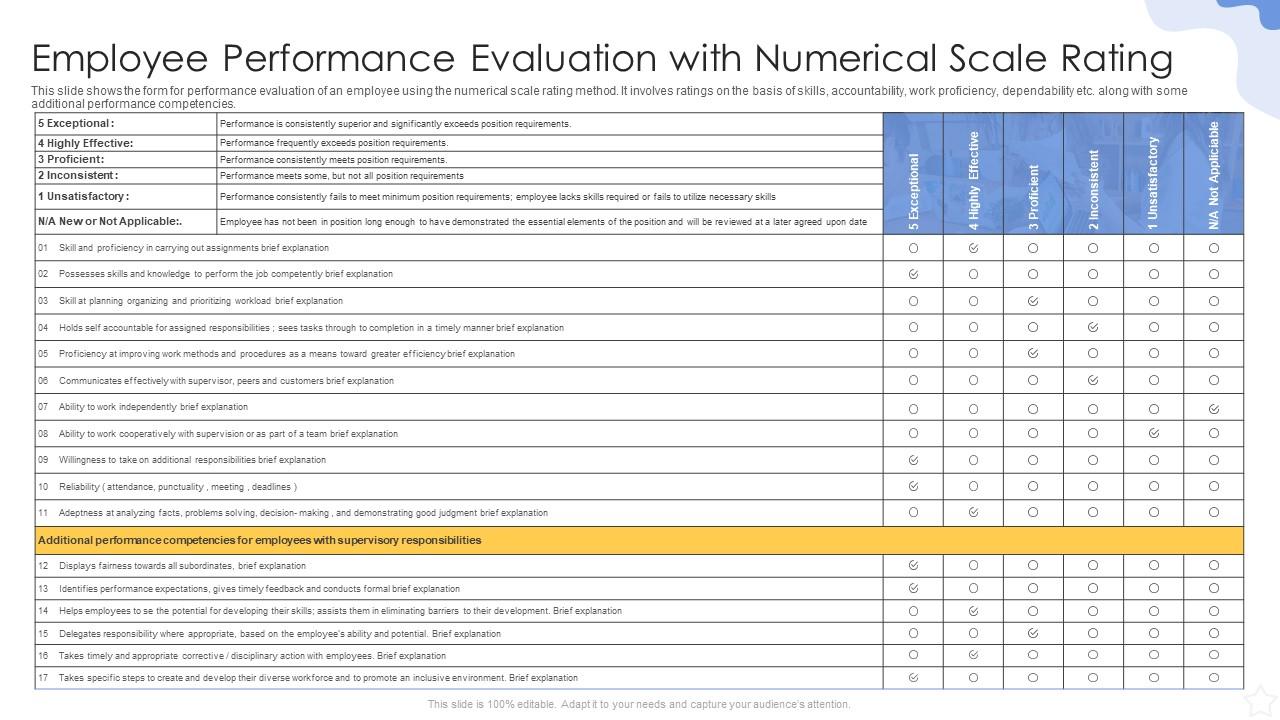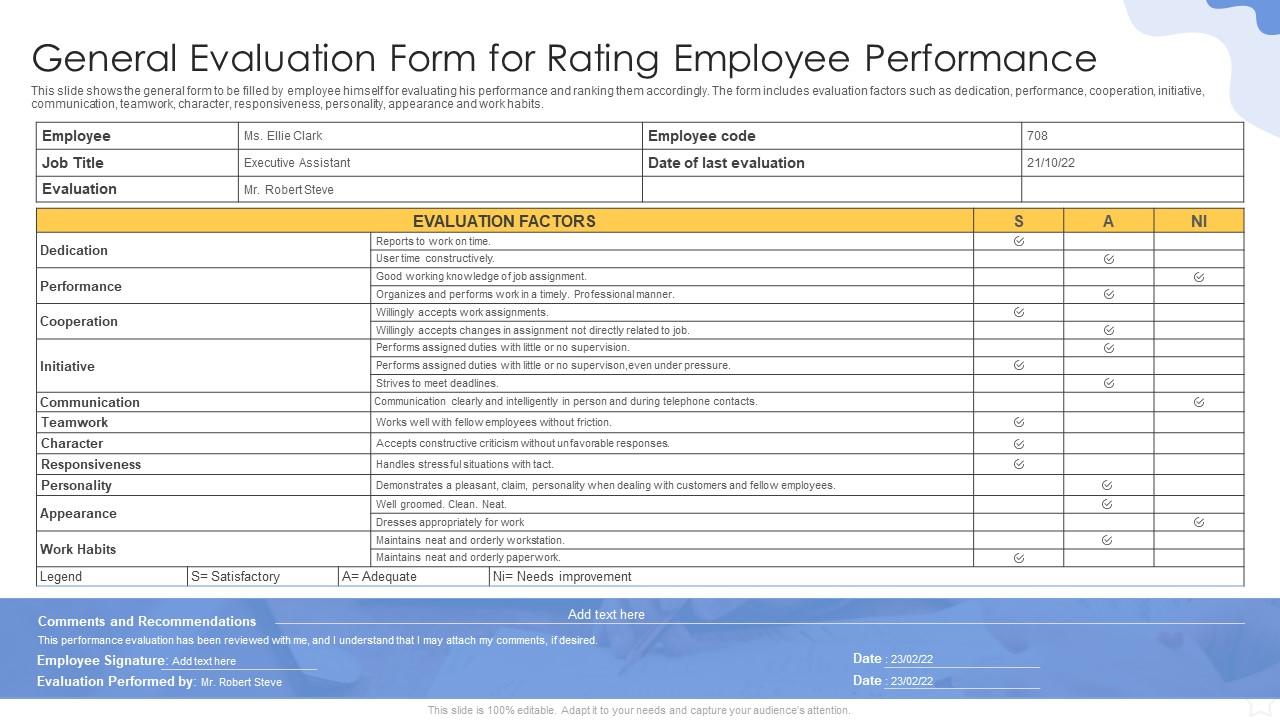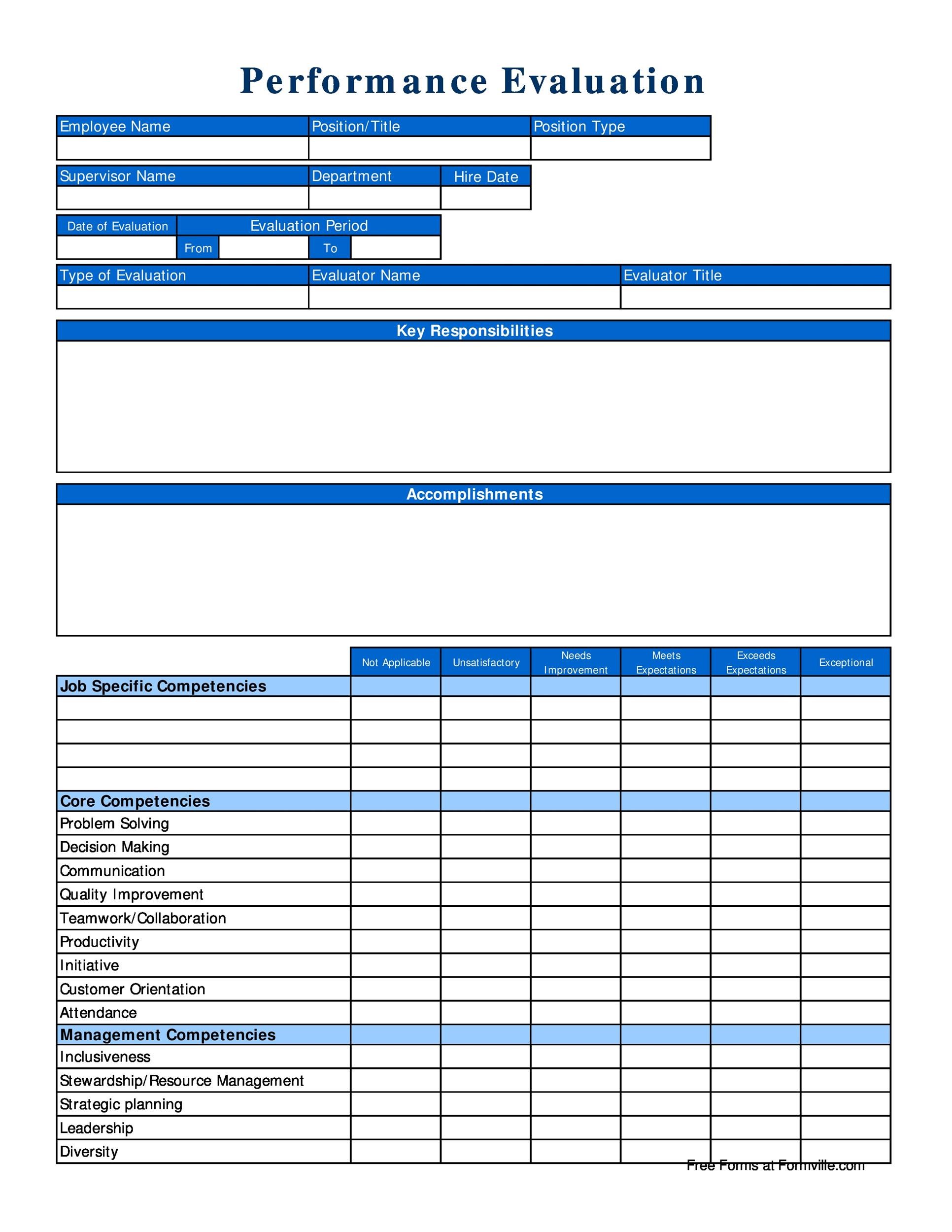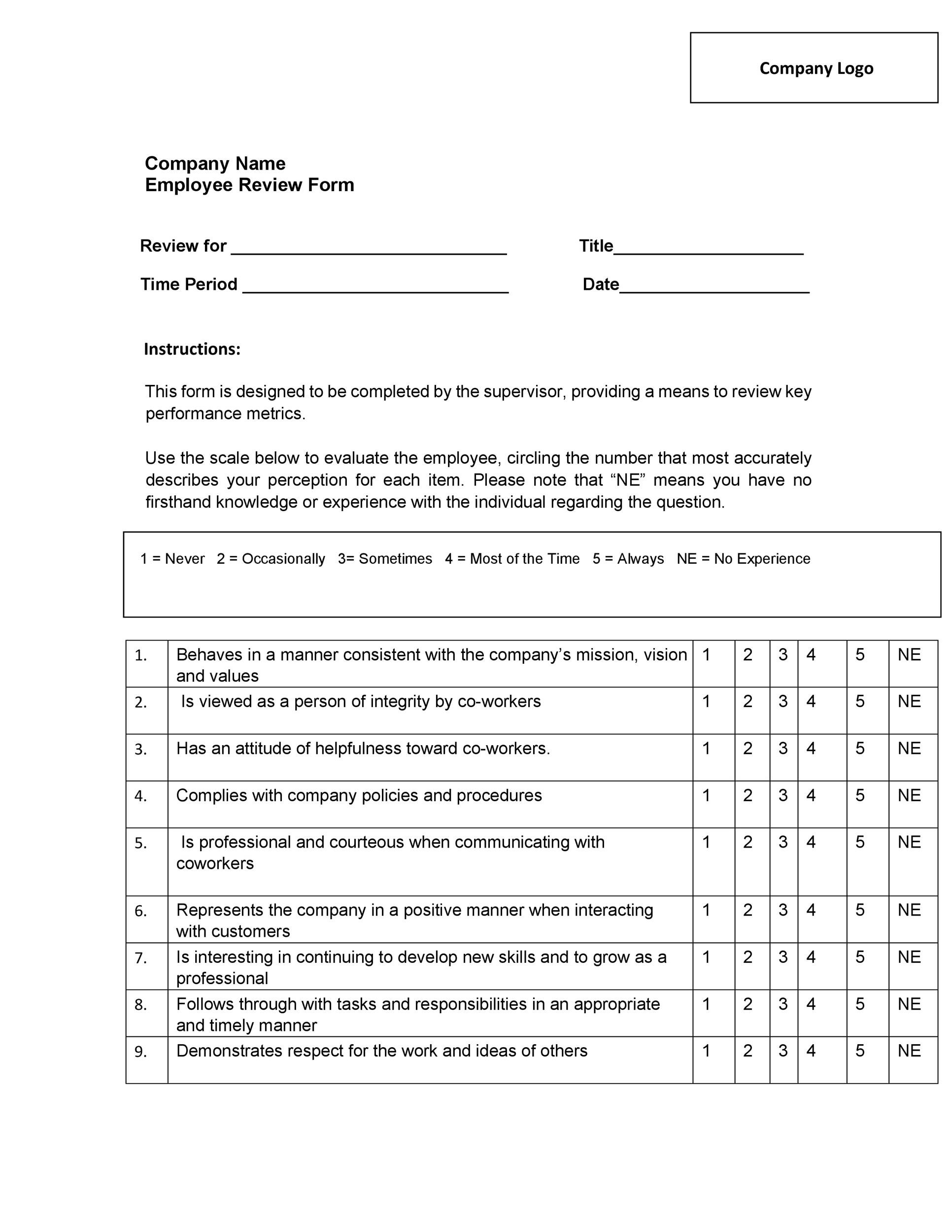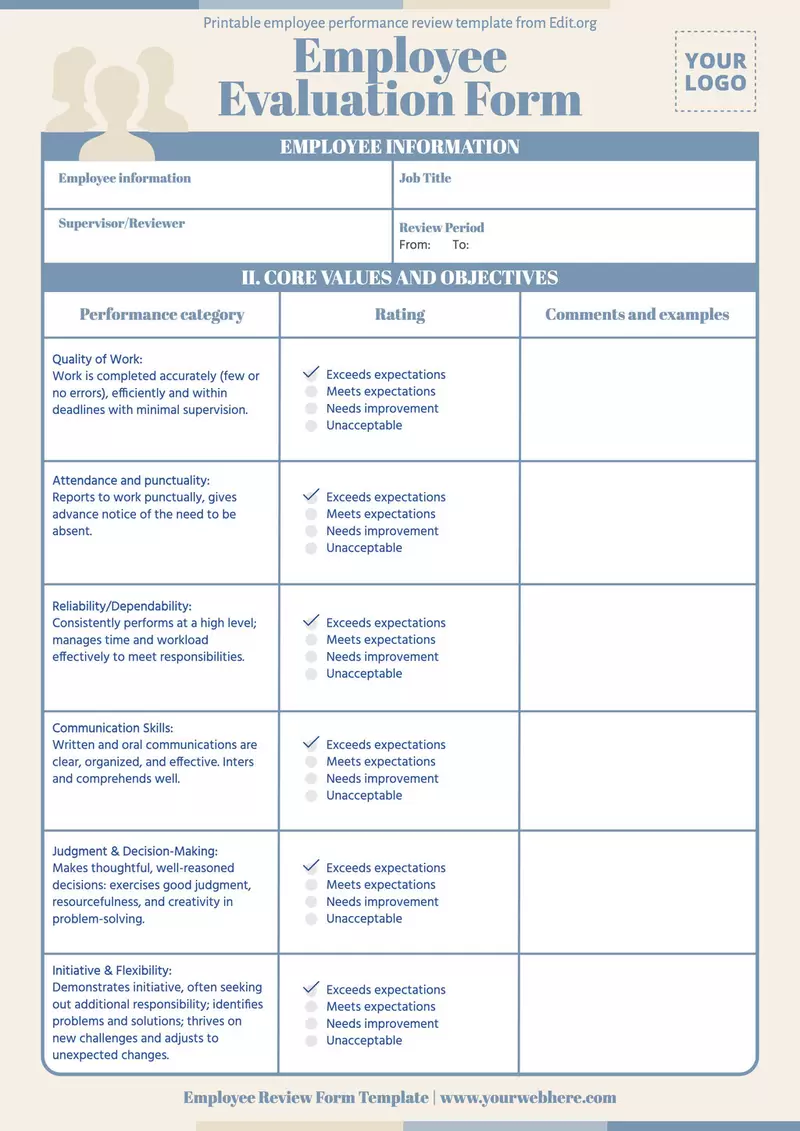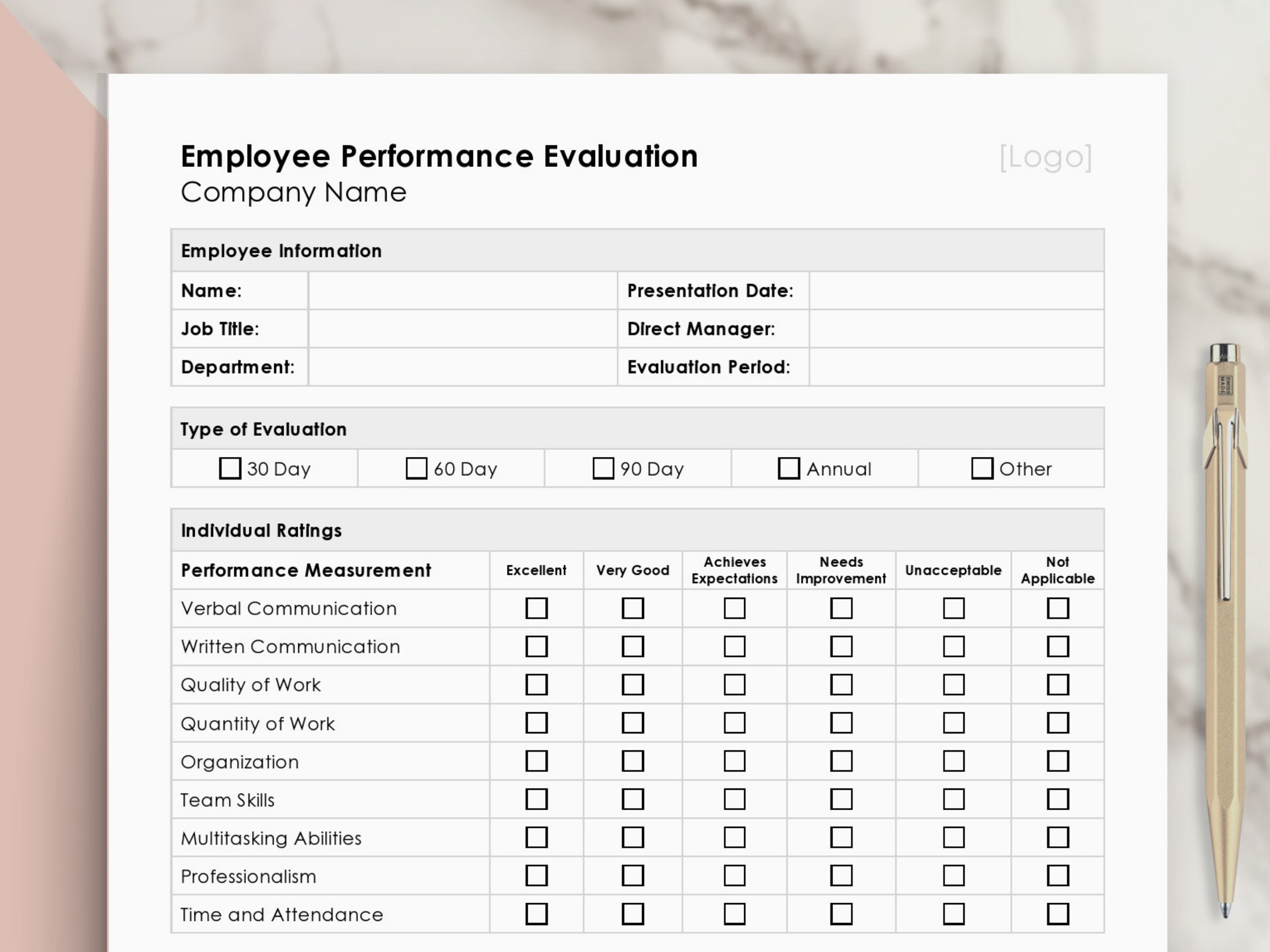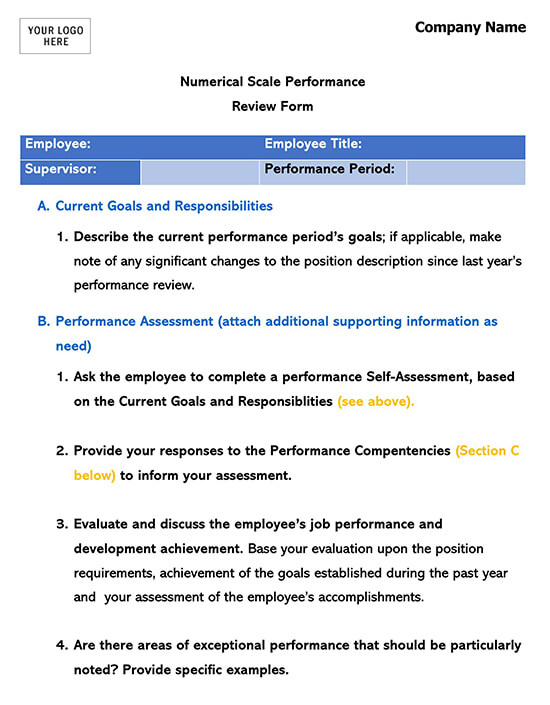Quantitative Employee Performance Evaluation
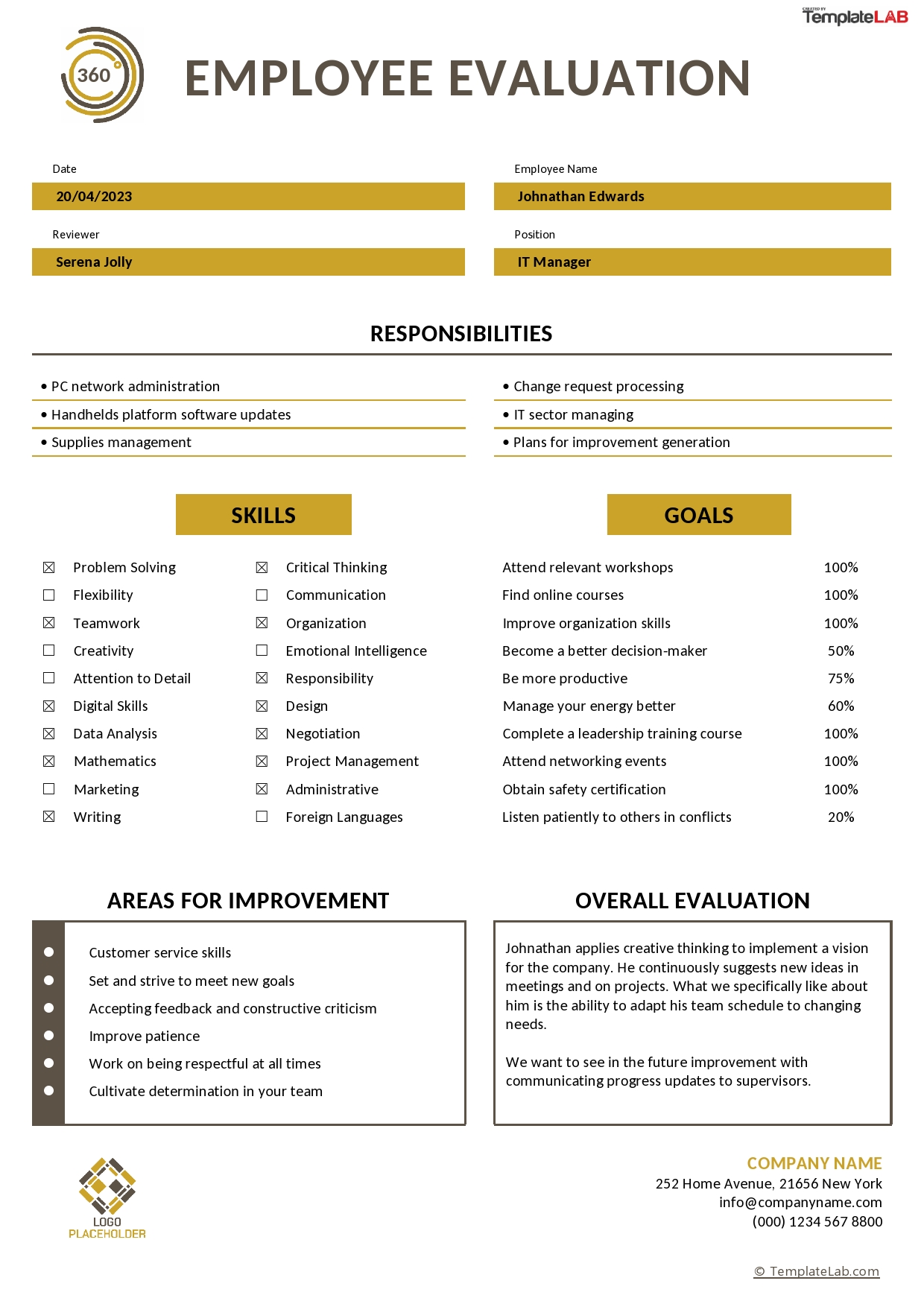
Companies nationwide are rapidly adopting quantitative employee performance evaluation systems, sparking both excitement and concern among workers. The shift promises objective assessments but raises questions about potential bias and the value of non-quantifiable contributions.
This article delves into the surge of quantitative performance metrics, examining their implementation, impact, and the ongoing debate surrounding their effectiveness and fairness in the modern workplace.
The Rise of Numbers
Quantitative employee performance evaluation relies on measurable data to assess worker contributions. Key metrics often include sales figures, project completion rates, customer satisfaction scores, and error rates.
McKinsey reports that companies using data-driven performance management see a 20% improvement in employee performance. This statistic fuels the adoption of quantitative systems across various industries.
Implementation and Tools
The implementation of these systems often involves specialized software and data analytics platforms. Companies like Workday and Oracle offer comprehensive solutions for tracking and analyzing employee data.
These platforms allow managers to monitor individual and team performance in real-time. Data visualization tools present performance trends clearly, aiding in decision-making.
Benefits and Drawbacks
A major benefit is the objectivity provided by data-driven assessments. The focus on measurable results reduces the potential for subjective biases in performance reviews.
However, critics argue that these systems overlook essential qualitative aspects of work. Creativity, teamwork, and problem-solving skills are often difficult to quantify effectively.
Concerns about Bias
Data bias is a significant concern. If the data used to evaluate performance reflects existing inequalities, the system can perpetuate and amplify those biases.
For example, if women or minority employees are assigned less lucrative projects, their sales figures may be unfairly lower.
The Human Element
Focusing solely on numbers can also dehumanize the workplace. Employees may feel pressured to prioritize metrics over genuine customer service or ethical conduct.
Several studies indicate that excessive focus on quantitative metrics can lead to increased stress and burnout among employees.
Industry Examples
In the tech industry, companies like Google use OKRs (Objectives and Key Results) to set measurable goals. Employees are evaluated based on their progress towards these defined targets.
The retail sector often relies on sales figures and customer satisfaction scores to assess employee performance. Call centers track metrics like call resolution time and customer feedback to evaluate agents.
The Ongoing Debate
The debate over quantitative performance evaluation is ongoing. Some argue that it's the only fair and objective way to assess employee contributions.
Others maintain that it's a flawed system that overlooks crucial aspects of work and can have negative consequences for employee well-being.
Next Steps
Companies considering adopting or refining quantitative performance evaluation systems should proceed cautiously. A balanced approach that incorporates both quantitative and qualitative assessments is crucial.
Regularly auditing the data and system for biases is essential. Ongoing training for managers on how to interpret and utilize the data effectively is also vital.
Further research is needed to determine the long-term impact of quantitative performance evaluation on employee engagement and organizational success.
